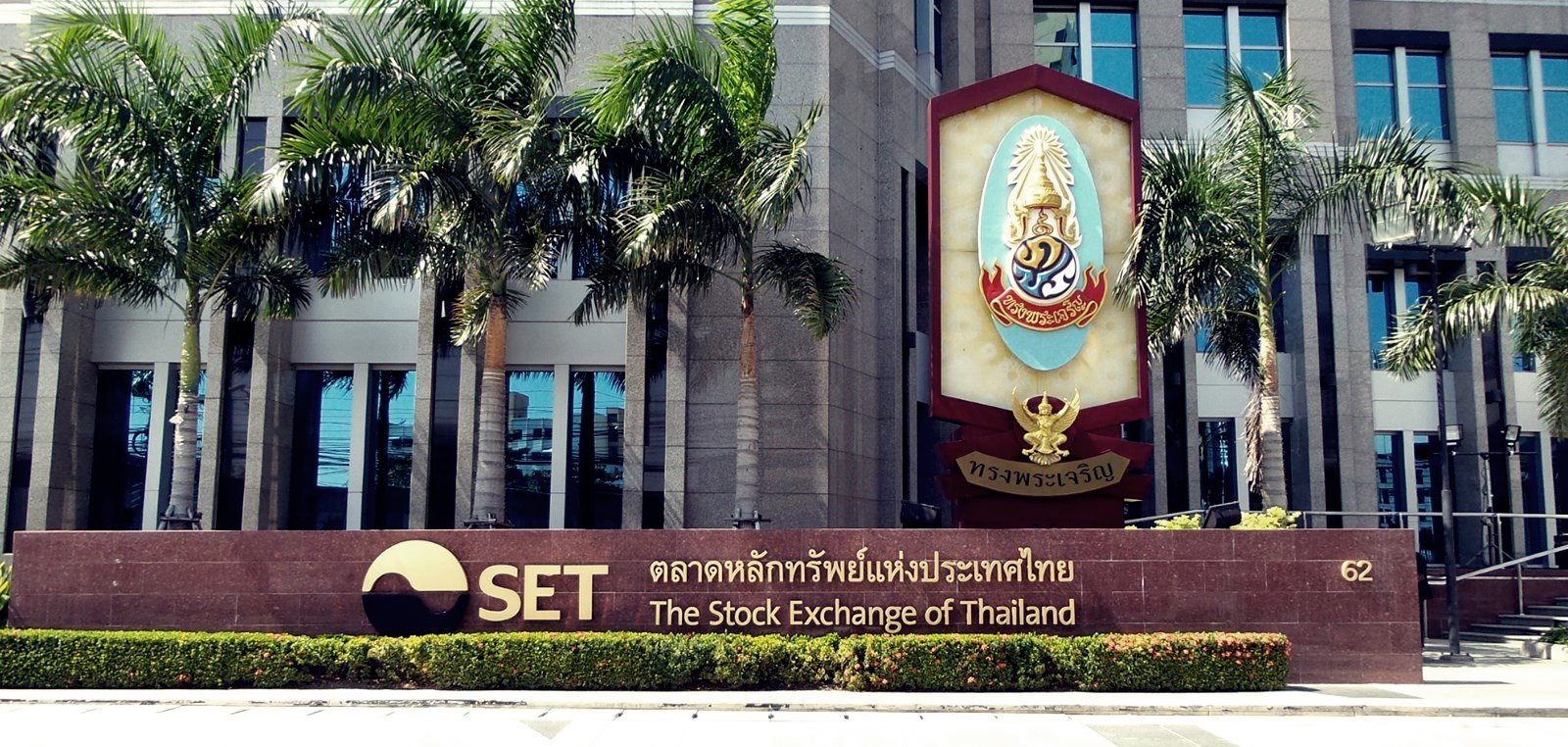The National Research Council of Thailand (NRCT) reckons Covid-19 vaccines will be available next year at the price of 620 baht per dose. It will take two doses to protect a healthy individual against the virus.
The first anti-COVID-19 vaccines are expected to be available for use in humans next year said Dr. Siriroek Songsivilai, secretary-general of the National Vaccines Committee of the Ministry of Higher Education.
The estimated price is based on the 100 million doses, worth about two billion US dollars, ordered by the US government from the US’s Pfizer Inc. and Germany’s BioNTech SE, which jointly developed the vaccines.
The NRCT believes there will be enough vaccines for a large group of people by mid-2021 but not enough for everyone until the production picks up but did not give a time frame as to when vaccines will be made available to all.
A dose of vaccine will cost 20 US dollars or around 620 baht and each person will need two doses.
Currently, there are 30 candidate vaccines being trialed in humans and scientists are optimistic that they will have workable vaccines in the near future.
Dr. Siriroek said that Thailand is using three approaches, namely developing its own vaccine, developing vaccines through transfer of technology and the purchase of vaccines from abroad.
Thai researchers have completed a trial of a potential COVID-19 vaccine with rats, to be followed by a trial in monkeys. The team coordinated with North American manufacturers to produce the first batch of the vaccine.
The Center for COVID-19 Situation Administration (CCSA) spokesman Dr Taweesin Visanuyothin, said yesterday regarding the development of a potential vaccine against COVID-19 in Thailand, that the vaccine had passed its trial in rats, with the next step being a trial in monkeys.
The vaccine, developed by Thai researchers, is an MRNA vaccine designed to help the body create immunity against the new coronavirus. It could be available as early as next year, provided that all tests are successful. The Prime Minister and Minister of Defence, Gen Prayut Chan-o-cha, has ordered the development to progress urgently.
About the author
Thailand Business News covers the latest economic, market, investment, real-estate and financial news from Thailand and Asean. It also features topics such as tourism, stocks, banking, aviation, property, and more.








